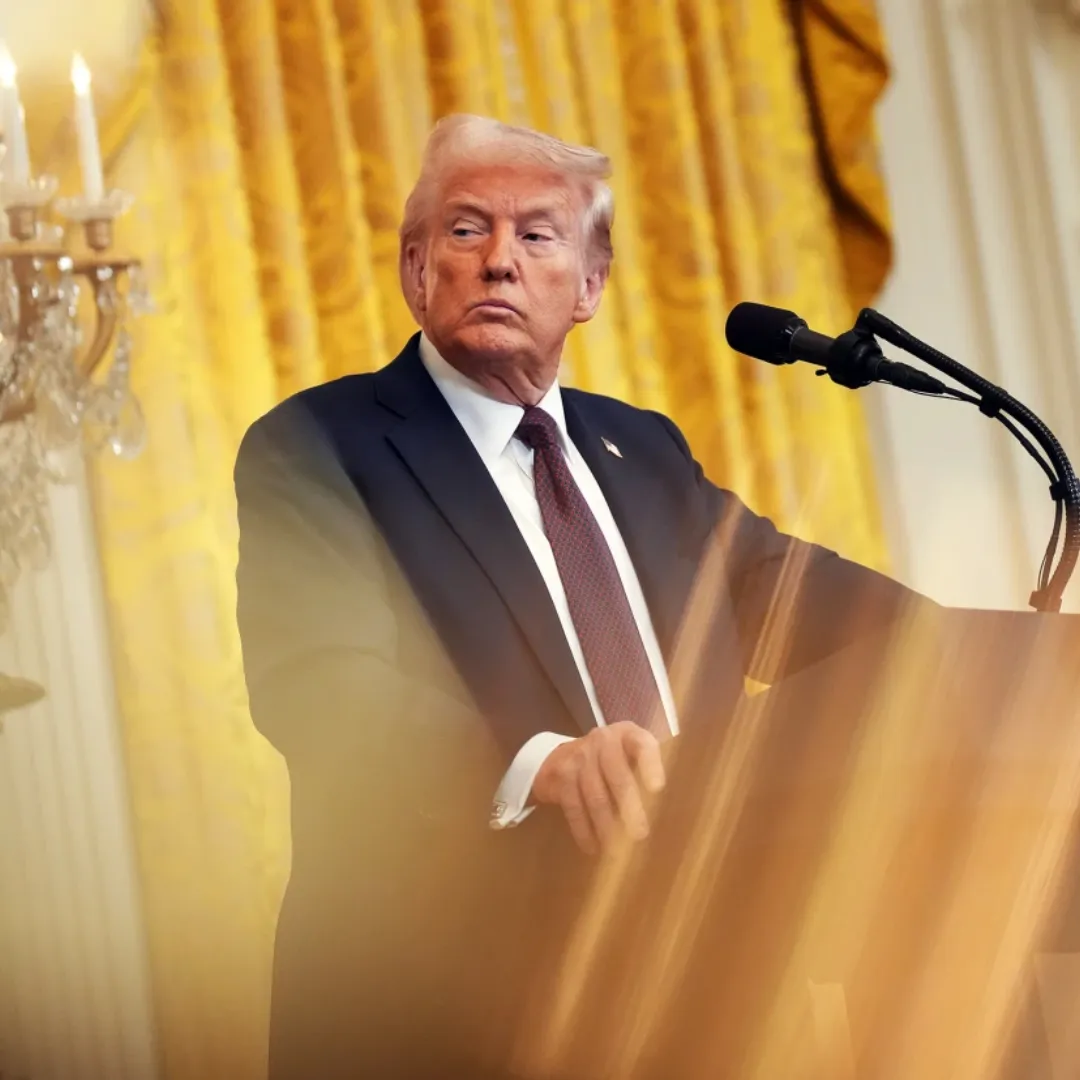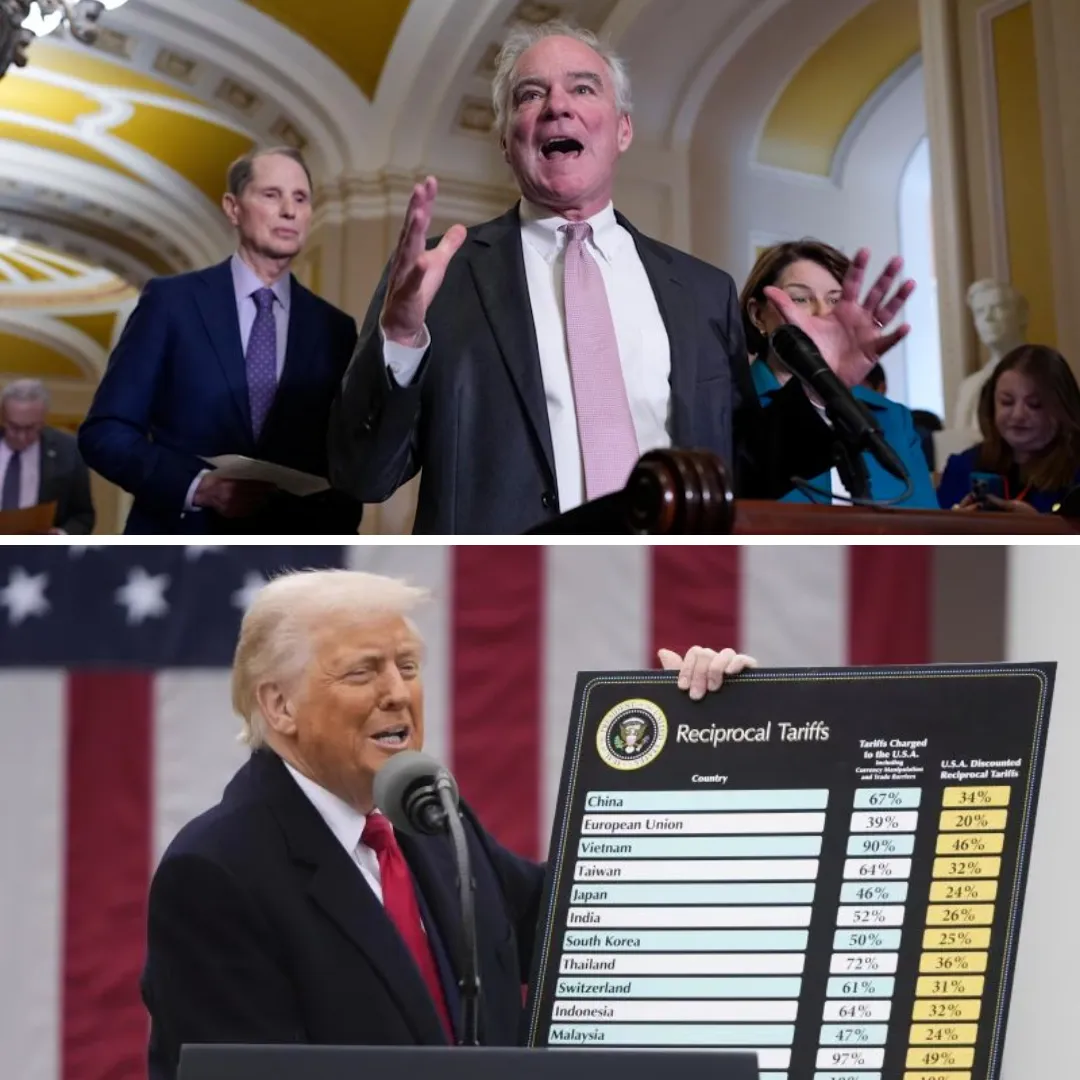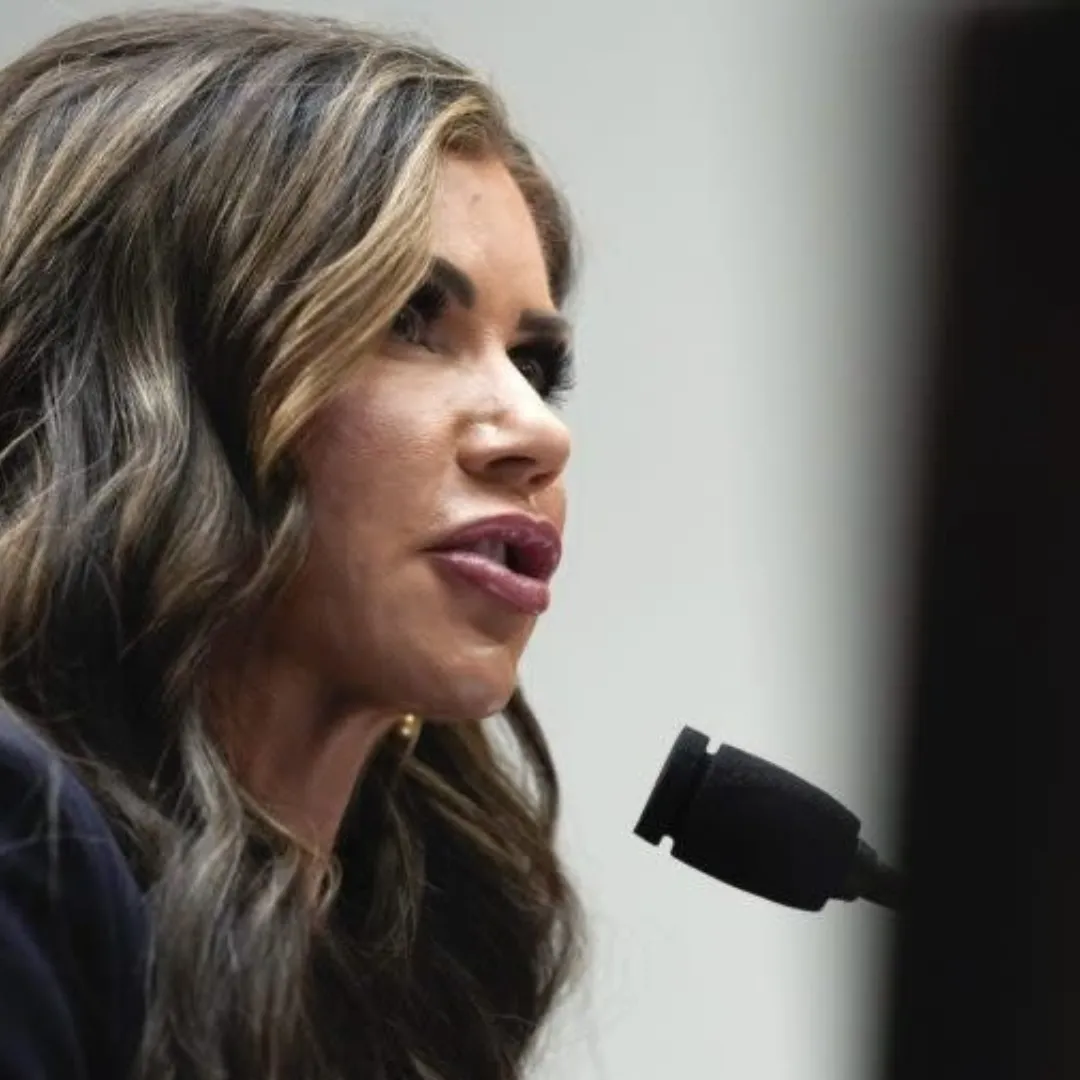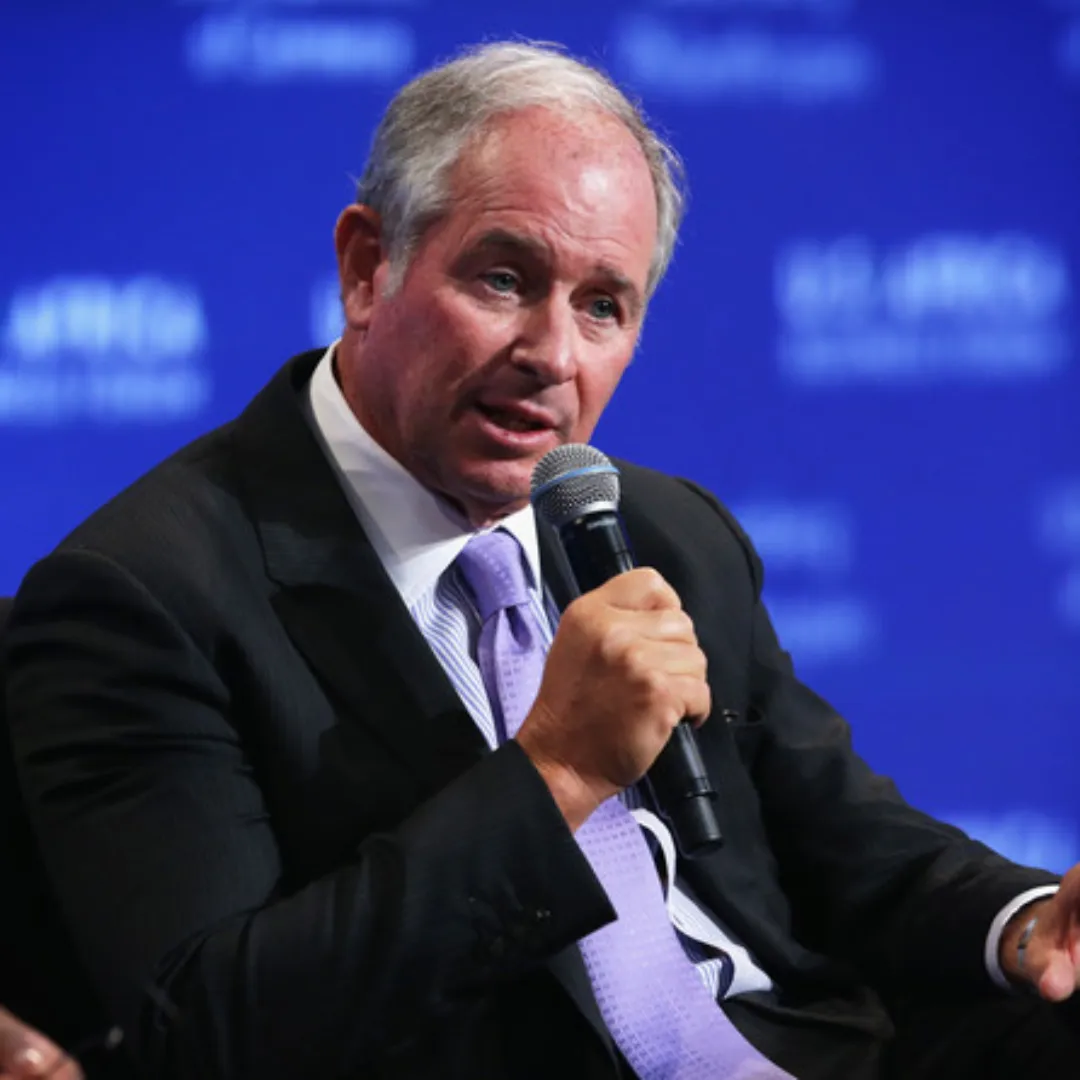
A new chapter in the ongoing saga of the Trump administration’s handling of classified information was written this week when CNN aired a stunning montage of current and former Trump officials, including Secretary of Defense Pete Hegseth, Senator Marco Rubio, CIA Director John Ratcliffe, and National Security Adviser Mike Waltz, criticizing former Secretary of State Hillary Clinton’s use of a private email server during her tenure from 2009 to 2013.
The montage, shown on The Source, comes amid revelations about the accidental inclusion of The Atlantic editor-in-chief, Jeffrey Goldberg, in a Signal group chat that included high-ranking government officials discussing classified details about a planned U.S. airstrike in Yemen.
The juxtaposition of these past criticisms of Clinton, particularly regarding her handling of classified material, with the ongoing controversy about the inclusion of Goldberg in the Signal chat has created a firestorm of public and political debate. While Clinton’s actions were heavily scrutinized, leading to a high-profile FBI investigation in 2016, many are now questioning the security protocols in place within the Trump administration, particularly when it comes to the handling of sensitive military operations.
The Signal chat scandal, which began to surface in recent weeks, has raised serious concerns about the level of professionalism, responsibility, and oversight within the Trump administration’s national security apparatus. For many critics, the irony of the situation cannot be overstated—leading figures within the Trump administration, who spent years publicly excoriating Clinton for her use of a private server, are now themselves embroiled in a similar security breach.
The scandal revolves around National Security Adviser Mike Waltz, who is accused of mistakenly adding Goldberg to a high-stakes Signal group chat. The group, titled “Houthi PC small group,” was designed for top U.S. officials to discuss plans for a military strike on Houthi rebels in Yemen. Signal, a popular encrypted messaging app, was not an official communication channel for government officials but was used as a platform for this sensitive discussion.

The inclusion of Goldberg, a journalist with The Atlantic, went unnoticed for a period of time, with Goldberg only leaving the group after seeing detailed military plans, including specific weapon systems, targets, and timing for the planned airstrike.
The incident has led to intense scrutiny of the administration’s ability to safeguard national security information, particularly given that the contents of the chat could have had significant ramifications for military strategy and international relations. Goldberg, who inadvertently found himself in the midst of a conversation about a U.S. military operation, has since revealed the details of the situation, igniting further controversy over the Trump administration’s handling of classified material.
Despite Goldberg’s claims that the conversation was about attack plans, Hegseth and other officials have downplayed the incident, arguing that no classified information was exchanged.
The White House has remained firm in its stance that the information shared in the Signal chat was not classified, and Trump himself commented that the incident was a result of a mistake in the use of technology. However, for many lawmakers, particularly those in the Democratic Party, the fact that a journalist was able to gain access to a conversation involving top-level government officials has underscored what they see as a severe lapse in security and accountability.
As the scandal continues to unfold, CNN’s airing of the montage showing Trump administration officials criticizing Hillary Clinton’s use of a private email server from 2009 to 2013 has added another layer of complexity to the situation. The montage, which featured clips from past interviews with officials like Pete Hegseth, Marco Rubio, and John Ratcliffe, revealed the stark contrast between their condemnation of Clinton’s handling of classified information and the current situation involving the accidental leak of sensitive military plans.
In 2016, during the height of the election season, then-candidate Donald Trump made repeated promises to “lock her up” over the FBI’s findings that Clinton had mishandled classified material by using a private email server while serving as Secretary of State. Despite the fact that the FBI found Clinton to be “extremely careless” in her handling of classified emails, no charges were filed against her.
The issue became a defining point in Trump’s campaign, with Clinton’s email server scandal fueling many of his attacks against her.
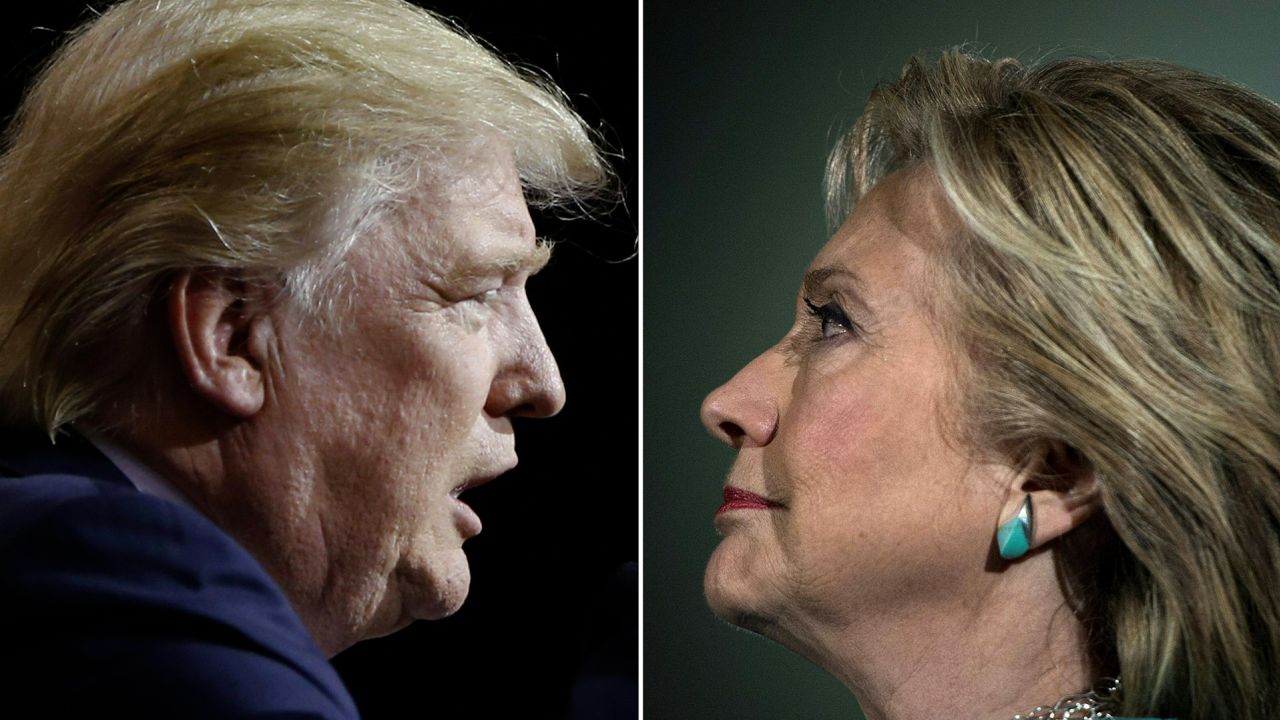
Yet, the current revelations involving Trump’s own officials—who have repeatedly condemned Clinton’s actions—now raise questions about the consistency of their positions. Pete Hegseth, who once declared on Fox News that “if it was anyone other than Hillary Clinton, they’d be in jail right now,” was part of the Signal chat controversy, adding fuel to the fire of what many see as a hypocritical stance on classified material.
Marco Rubio, too, weighed in on the Clinton email scandal in 2016, stating, “Nobody is above the law. Not even Hillary Clinton, even though she thinks she is.” In a 2019 interview, CIA Director John Ratcliffe reiterated that mishandling classified information was a violation of the Espionage Act, an issue that he and many of his colleagues felt was serious enough to warrant legal action.
Yet now, as the Signal chat controversy unfolds, these same officials find themselves defending their own involvement in a similar situation. While they maintain that no classified information was exchanged in the chat, the optics of the situation remain problematic.
The inclusion of a journalist in a conversation about military operations is a security risk in itself, regardless of the specific details discussed.
The revelations surrounding the Signal chat have also sparked divisions within the Trump administration, with some officials defending their actions and others expressing concern over the security breach. National Security Adviser Mike Waltz, who reportedly added Goldberg to the chat, has defended the mistake, suggesting that the inclusion of the journalist was an unfortunate accident that could have happened to anyone.
Waltz has also criticized the media for focusing on the leak rather than other accomplishments of the administration.
For Senator Marco Rubio, who has been a vocal critic of Clinton’s email server use, the situation presents a difficult political challenge. While he has distanced himself from the current scandal, his past comments on the severity of Clinton’s actions are being used against him by critics, who argue that the same standards should apply to Trump’s officials when it comes to handling sensitive information.
The political fallout from the Signal chat leak extends beyond the Trump administration itself, with Democrats and some Republicans calling for investigations into how the breach occurred and whether any national security information was compromised. While the Trump administration has downplayed the significance of the incident, the controversy over the inclusion of a journalist in such a high-level discussion will likely continue to dominate headlines in the coming weeks.

In the wake of the revelations, Hillary Clinton herself took to X (formerly Twitter) to issue a succinct response to the scandal. “You have got to be kidding me,” Clinton tweeted, accompanied by a screenshot of The Atlantic’s report on the incident. Clinton’s brief but pointed remark reflects the frustration felt by many of her supporters, who believe that the Trump administration’s handling of classified material is both reckless and hypocritical.
For Clinton, the Signal chat incident is another reminder of the political double standard that has been applied to her throughout her career. While her use of a private email server was relentlessly attacked during the 2016 election, Trump’s administration seems to be getting a pass on similar, if not more severe, lapses in national security protocol.
The Signal chat scandal has ignited a broader conversation about the handling of classified information, the security of government communications, and the hypocrisy of those who have criticized others for similar lapses in judgment. As the investigation into the incident continues, the Trump administration is facing increasing pressure to explain how such a breach occurred and what steps will be taken to ensure it doesn’t happen again.
For critics of the Trump administration, the inclusion of a journalist in a high-level military discussion is a clear example of the administration’s lack of discipline and competence when it comes to national security. The double standard between the treatment of Hillary Clinton’s email server and the handling of the Signal chat leak will likely remain a point of contention in the ongoing political debate.
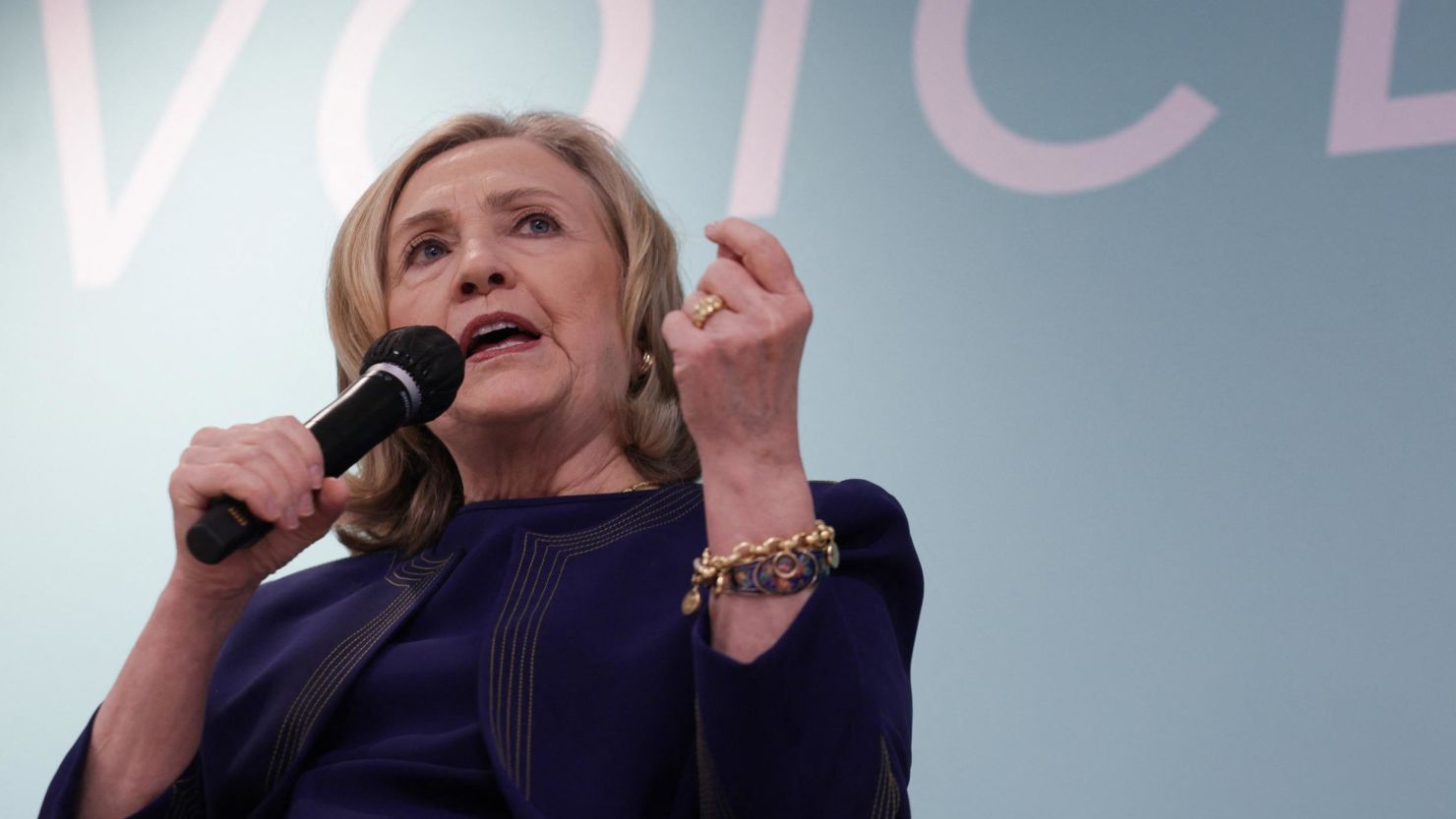
As the investigation unfolds and the political fallout continues, one thing is clear: the Trump administration’s handling of national security will remain a key issue in the upcoming election and beyond.
